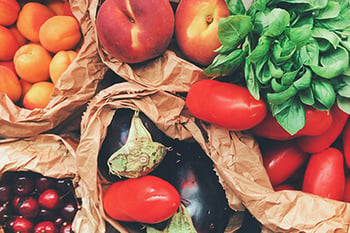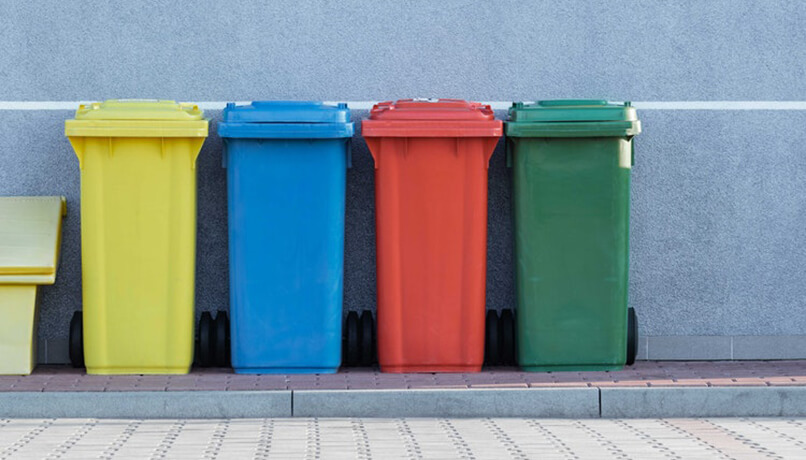Most chefs that work in fine dining establishments try their best to have a no waste policy - and so do I.
Recycling
At the moment we have started to implement recycling bins in all areas of the hotel and private villas. It's a simple step but an effective one!
Food waste
We try different techniques and methods to use the entire fruit or veg - from drying seeds out, to replant in our organic garden. Using the skins, after washing, either in different stocks and sauces.
And the skins and tops we really can't use in food, we have a special compost bin, where we add these food waste in order to help the garden stay fertile.
Animals and seafood
We use everything from nose to tail. All bones are roasted and used for stocks and sauces. All intestines that can't be used are burnt or disposed of in a different way by the local people of the island. Fish bones and heads that are not used for stocks are sent to our local staff that love to make fish soup for dinner in the evenings.
Thinking outside of the box
As working and living on an island has a lot of challenges with wastage definitely hitting the high numbers, we are forced to think more out of the box. For example, when we use coconuts, we use coconut water to make hydrate beverages, and we use the flesh in food, desserts, cocktails and to make coconut oil.
The husks we burn to make activated coconut charcoal. This, we use in bread, pasta, sauce, dessert and a few other things. And last we use the shell to make bowls or new plates that are designed from the coconut.
Doing waste management isn't easy as it is a great challenge, and not everyone understands the impact that it has, on our planet. I might have a few of my facts wrong, however, the methods that we use work well and we will continue, while always trying to make improvements.
Want to learn more? Check out 6 Steps To Increase Your Restaurant Sustainability
.png?width=1571&height=766&name=CFD%20knife%20and%20fork%20logo%20(carbonfriendlydining.org).png)


